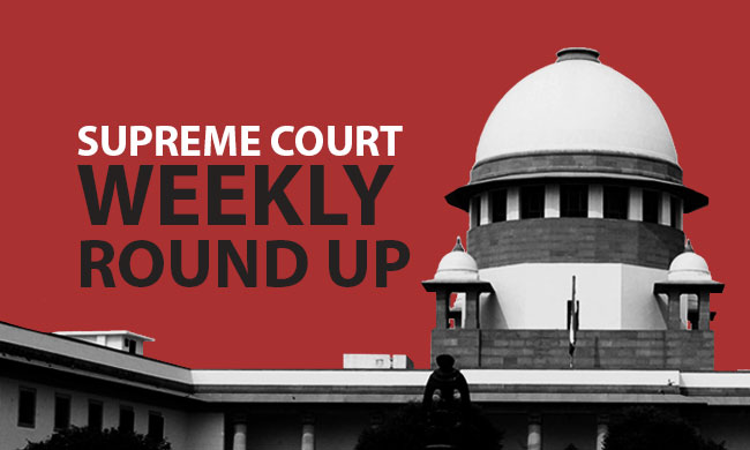- Home
- /
- Top Stories
- /
- Supreme Court Weekly Round Up
Supreme Court Weekly Round Up
Ashok Kini
5 May 2019 7:29 PM IST
A Dying Declaration Is Not Invalid Merely Because It Was Not Certified By A Doctor [Poonam Bai V. State of Chhatisgarh] The Supreme Court acquitted a convict by setting aside the judgment of the High Court of Chhattisgarh which had convicted her for murder, after finding lacunae in the dying declarations. Considering the appeal, the bench of Supreme Court comprising...
Next Story



